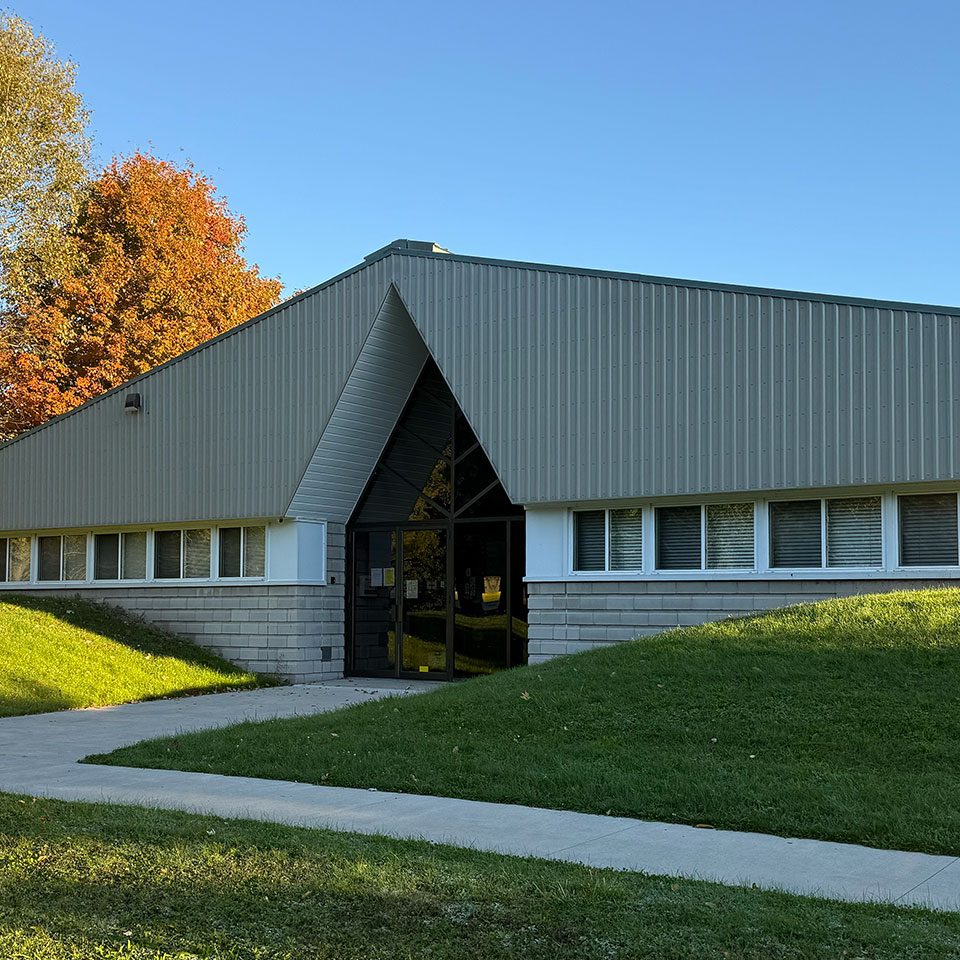Group Dynamics
Students develop their character and leadership through introduction to the GFC’s four concepts of teamwork: communication, support, inclusion and planning. These teamwork concepts are tested in a series of fun team challenges and group problem-solving tasks.
ICE: Innovation, Creativity & Entrepreneurship
Need a sector partner for your innovation, creativity, and entrepreneurship training? Put your students to work for us! Let the ICE-trained and Ontario-certified teachers of the GFC host this exciting training for your students. We can co-develop an authentic challenge statement for your sector. Then leave the rest to us!
Introduction to Stream Assessment Protocol
In this engaging program, the complexity of the Ontario Stream Assessment Protocol is summarized to highlight those measurements that are most integral to the efficient management of a watershed by conservation authorities. Students spend the morning at our ponds in order to collect benthic macroinvertebrates and appreciate what their relative populations can reveal about the health of their aquatic habitat.
Introduction to Wilderness First Aid – GFC
In this extension of the student’s Standard First Aid certification, students are introduced to the unique considerations of administering First Aid in a wilderness setting. Students are challenged to utilize a number of readily available natural materials to deliver aid in authentic wilderness scenarios.
Leadership Skills
Why teach about leadership when you can experience leadership! Students develop their character and leadership by completing a series of fun team challenges and group program-solving tasks. These experiences explore the nature of leadership and create opportunities for the students to seize the moment and test drive their new skills.
Map & Compass
This active program challenges each student’s compass and map-reading skills on two adventure courses. Students hone their orienteering skills on a field course with visible landmarks, and if successful, are then challenged to navigate our extensive forest trail system.
Species Identification: Benthics
Students visit our beaver ponds to collect benthic macroinvertebrates (bottom-dwelling creatures) and utilize key anatomical features to assist in identifying the species of benthic. This program emphasizes the importance of each species to the pond ecosystem.
Species Identification: Trees
Students gain an understanding of and appreciation for a wide variety of local tree species, and learn how to use a dichotomous key to assist in identifying coniferous and deciduous tree species.
Stress Management Techniques – Forest Therapy
Forest therapy is an emerging practice in preventative health care that utilizes intentional experiences in a living forest to generate health benefits. Along with physiological changes in blood pressure, immune functioning and improved sleep, the health benefits of forest therapy include reduced stress levels, improved mood, increased energy, as well as an increased ability to focus.
Watershed Management
Students learn about the anatomy of a watershed as well as the fundamental considerations and processes for the management of a watershed. In small groups, each student embodies the role of a particular stakeholder in watershed management, and they are challenged to come to a consensus solution for a watershed management challenge.
Wilderness Survival Skills
Following a brief introduction to fundamental survival attitudes and skills, students will complete a number of self-guided stations in order to build up their survival skill toolkit. The students are then immersed in a wilderness survival situation from which they must escape… Amazing Race style!
- « Previous
- 1
- 2

